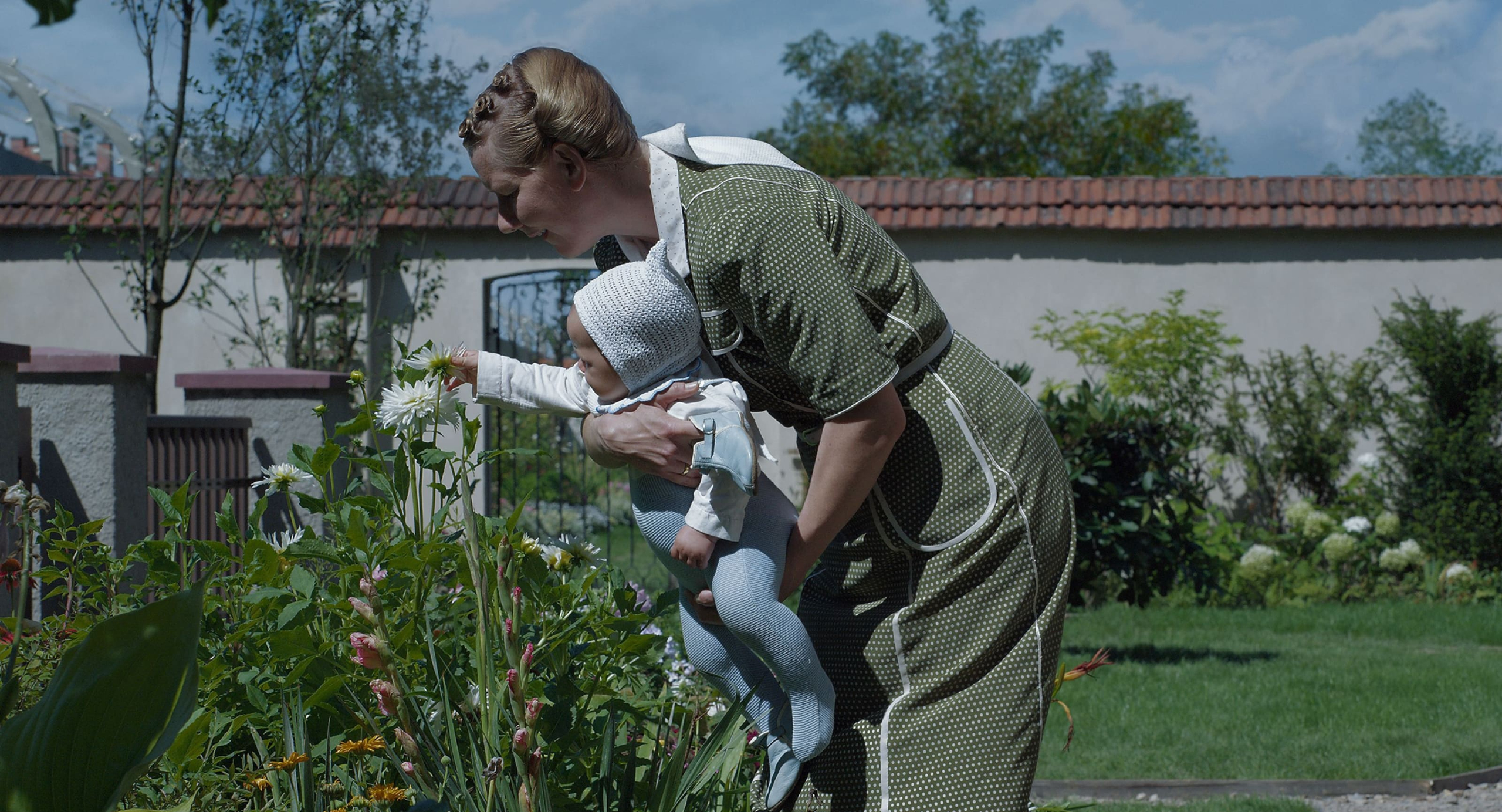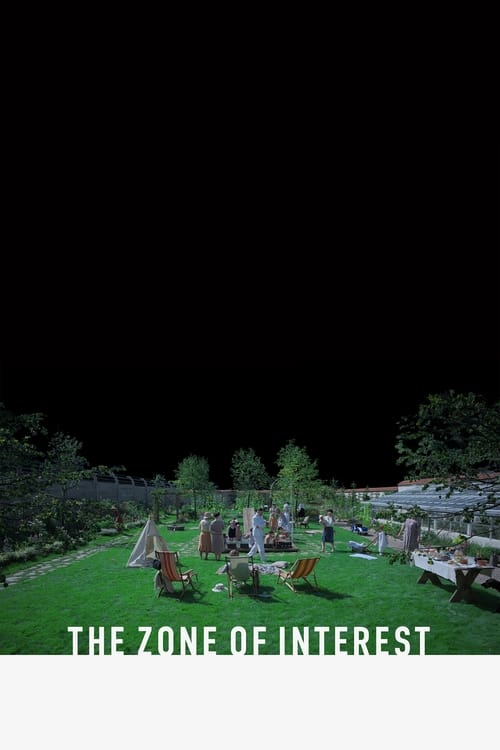The Zone of Interest – Film Review
Published December 13, 2023

The Zone of Interest, written and directed by Jonathan Glazer, is an unsettling juxtaposition of banal domestic life and chilling mass genocide, all nestled together on the terrifying landscape of Auschwitz concentration camp during WWII. Loosely based on the 2014 novel of the same name by Martin Amis, it’s a challenging historical drama co-produced by the United States, the United Kingdom, and Poland, boasting the laudable performances of Christian Friedel and Sandra Hüller in the lead roles.
Christian Friedel steps into the harrowing shoes of Rudolf Höss, the infamous commandant of Auschwitz. With uncanny finesse, Friedel humanizes Höss, creating a horrifying portrait of a man whose occupation necessitates casual participation in an unthinkable crime against humanity, yet retains a measure of chilling relatability. On the other side, Sandra Hüller provides a compelling, tragic portrayal of Hedwig Höss. Hüller gives life to Hedwig’s ethical wrestling and grappling with guilt and cognitive dissonance as she balances her life of relative domestic tranquility with the reality of living beside an active concentration camp.
Despite its painful historical setting, Glazer constructs a film that holds the audience’s gaze and demands engagement, a tricky tightrope that’s negotiated without trivializing or downplaying the monstrous history that surrounds the narrative. However, some of the graphic content in the movie can be quite disturbing for some viewers.
Cinematographically, Glazer collaborates with cinematographer Łukasz Żal to visually manifest the unsettling duality present within the Höss family’s situation. Their penchant for raw, vérité-style shooting aids the grounded, realistic portrayal of this historical period and gives the film its distinct aura of unsanitized horror.
One potential criticism of The Zone of Interest is that the premise treads dangerously close to exploring the ‘banality of evil’ theme to a fault. Some audiences might interpret it as too empathetic towards the Nazi family, in spite of the nuanced performance from Friedel and Hüller. Although it’s clear Glazer’s intent is not to elicit sympathy, but to dissect the incongruity of mundane life beside an extermination camp, this film could be more than just unsettling for certain audiences.
Moreover, the character development of Friedel’s Rudolf Höss might strike as monochromatic and oversimplified. In efforts to juxtapose the normalcy of the family with their unfathomable surroundings, the complex dichotomy of Höss’ persona doesn’t seem to have been explored thoroughly.
Nevertheless, one can’t discount the thought-provoking themes tackled in the film. Glazer doesn’t provide easy answers but instead demands viewers confront the terrifying cognitive dissonance at play within the lives of Rudolf and Hedwig Höss. Through the novel-based narrative, The Zone of Interest manages to open a discourse about moral responsibility and complicity that persists even today.
Additionally, The Zone of Interest succeeds on a technical level. The austere set design and muted palette, so perfectly at odds with the horrific actions taking place just a stone’s throw away, effectively instill an uncanny sense of normality being punctuated by bouts of dread and tension.
The Zone of Interest is a profoundly unnerving yet important film that might push many audiences out of their comfort zones with its depiction of the unspeakable atrocities and chilling domesticity during WWII. Despite the flaws and potential controversies, Jonathan Glazer delivers a powerful, uncomfortable, and morally complex film, presenting a significant historical moment through a rare and horrifying lens. This is an essential viewing, a challenging reminder of the depth of human malice and the necessity of continued historical reflection.
The Zone of Interest stands out as a tough watch but it is a memorable one, primarily due to its committed performances, technical excellence, and Glazer’s deft directorial approach to difficult historical terrain. A heavy-hearted masterpiece that marries mundane existence and the monstrous, the film urges us to revisit a significant historical juncture and poses critical questions about human responsibility.
